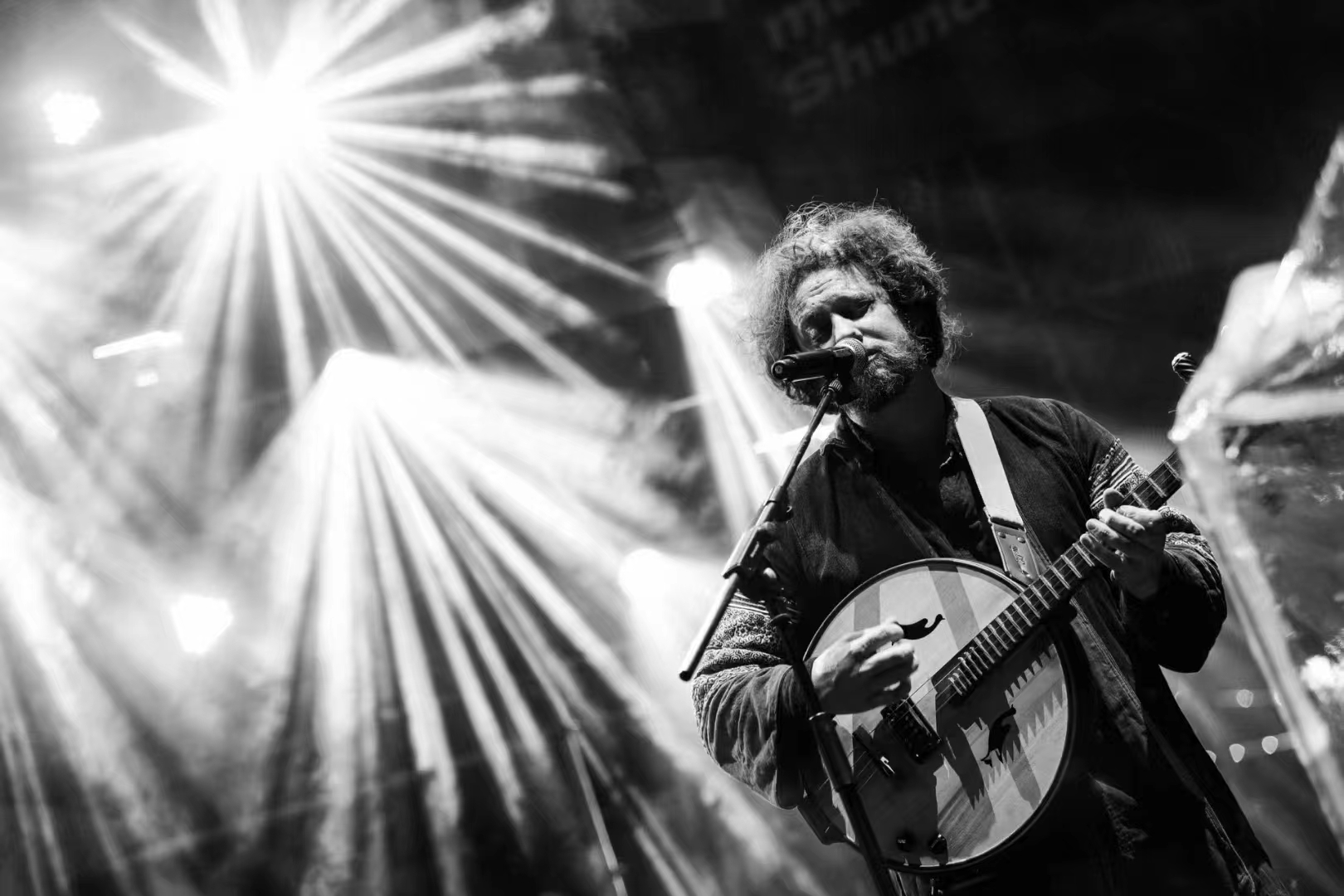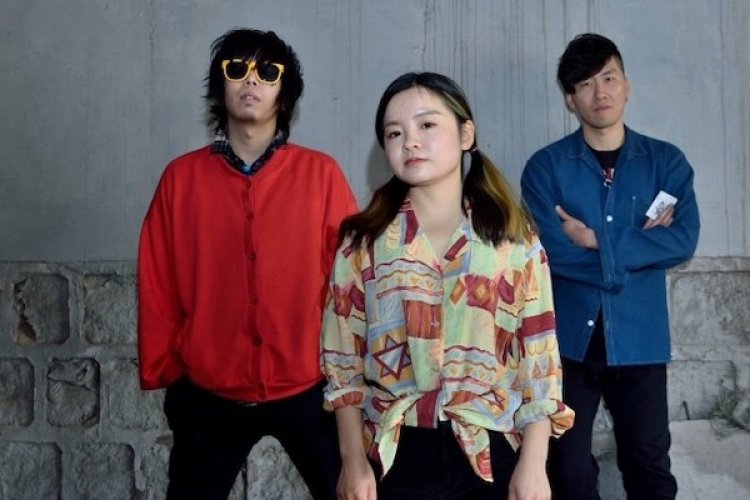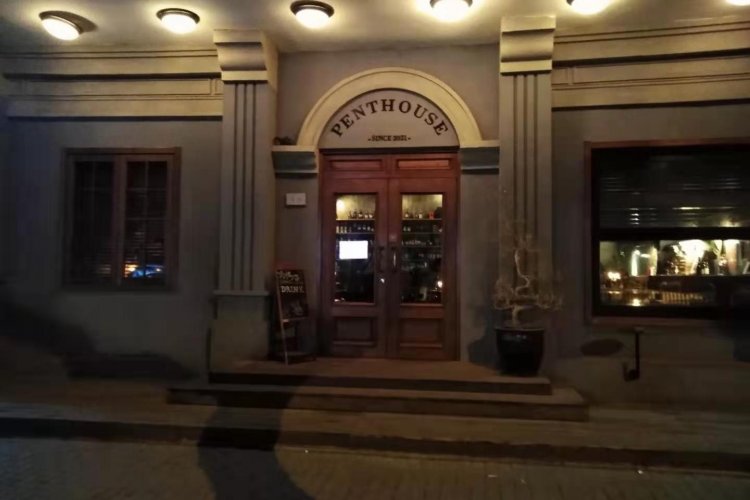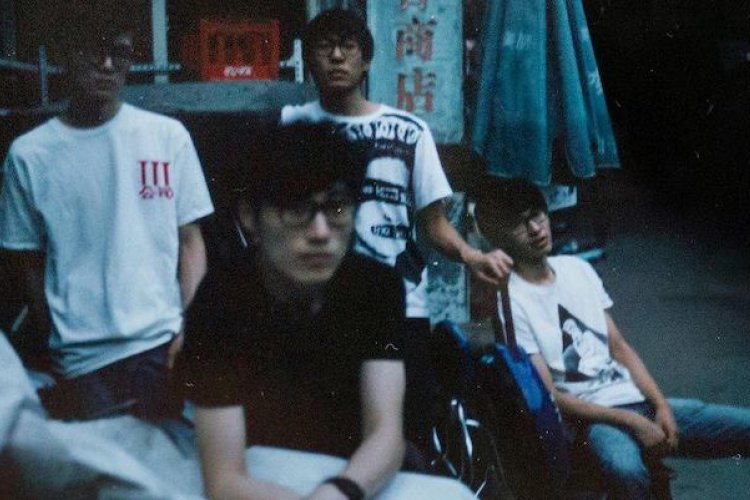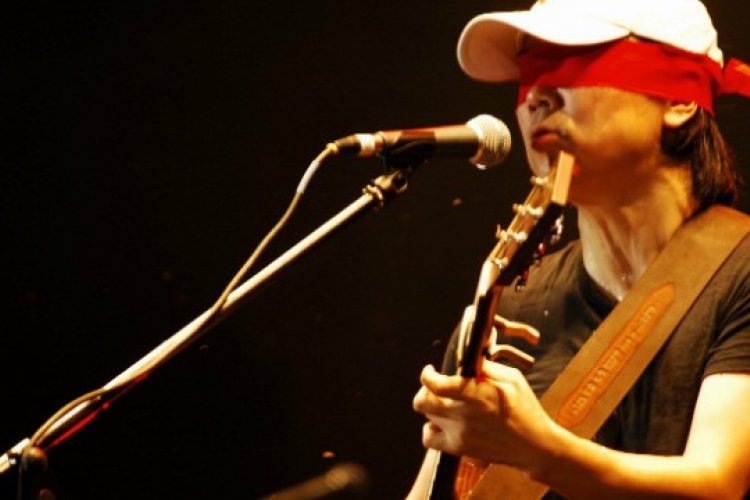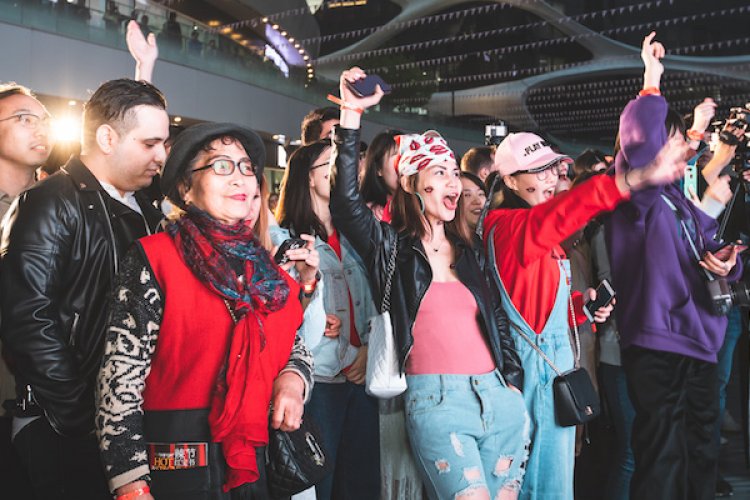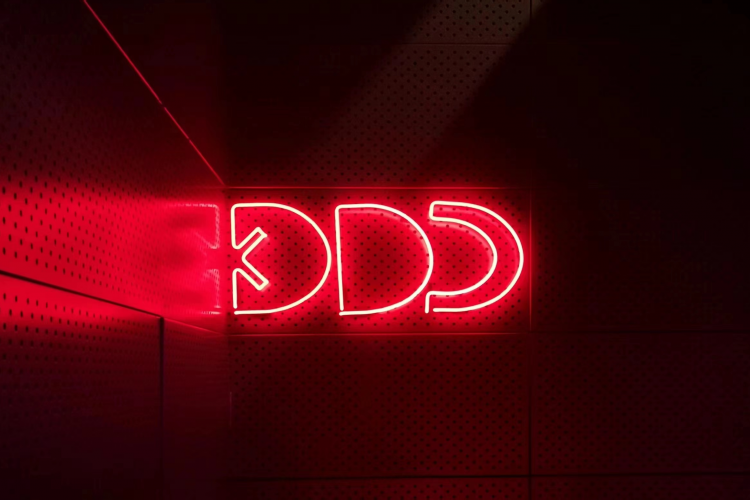A Musical Marvel: An Interview with Expat Musician Djang San
There are few China-based musicians with a career as prolific as that of French expat and former Beijing resident Jean-Sebastien Henry, aka Djang San.
Best known for his ability to perform a wide range of different styles and genres, as well as bringing traditional Chinese instruments with him into the recording studio and to the stage, Djang San's interest in music began from a young age, starting when he lived in Peru until age 6. When he moved with his family to Bordeaux, the interest in music grew, with the young musician starting a band in high school.
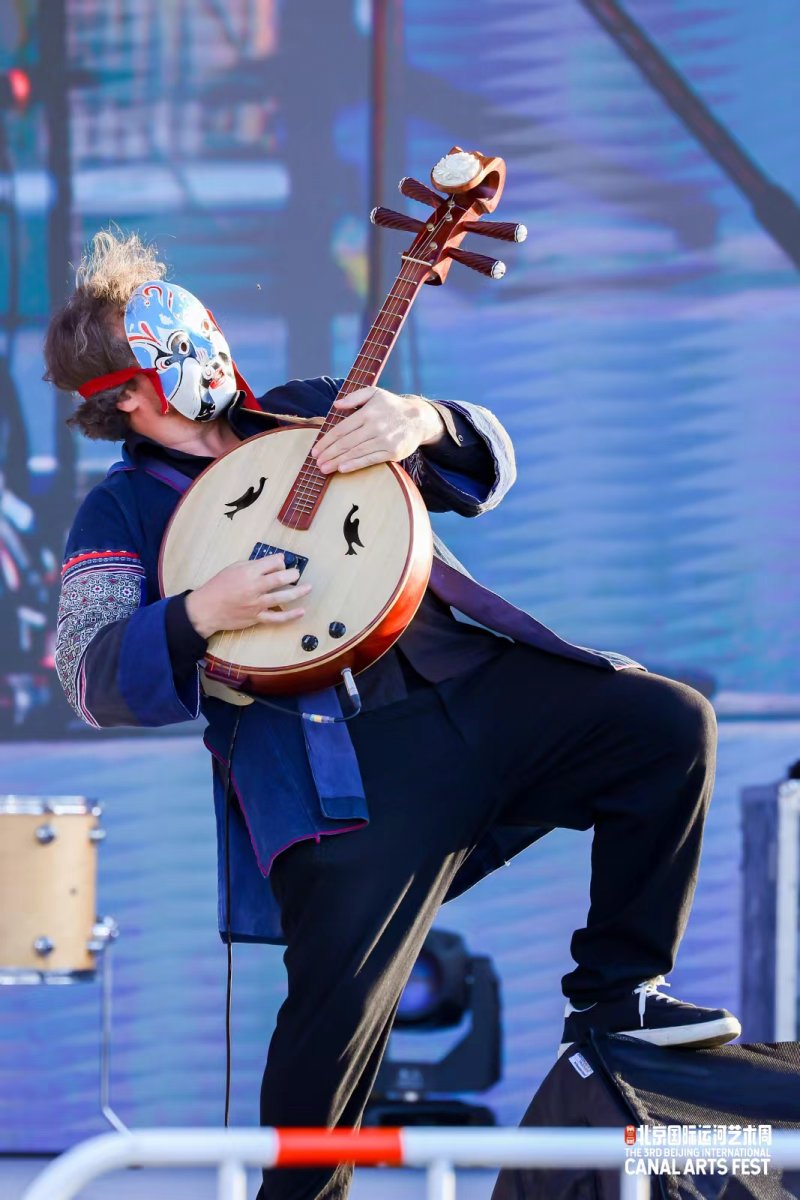
From Peru, he eventually wound up in Beijing at the age of 20, where he lived for over 20 years before moving to Kunming while continuing to tour and play in cities around the country.
We caught up with Djang San during a recent return trip to Beijing for the 2024 International Canal Arts Fest and quizzed him on his recent exploits, his performances in and outside the fest, and his thoughts on China's music scene as a whole.
How was it being back in Beijing and how long has it been since your last visit?
It was great coming back this time, it’s been more than a year since the last time I visited.
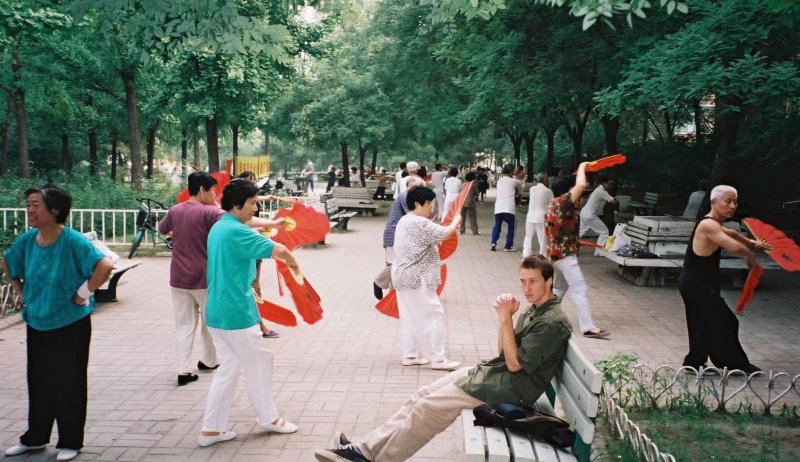
How was it performing at the Beijing International Canal Festival? Did you have any other side gigs during your stay?
It was a great experience to play at the festival, it was very well organized and there was quite a big audience. This year was apparently the third edition of it, I quickly became friends with the bands from Mexico, Germany and Switzerland, namely Bola Suriana, Cosmodrome and Sophie de Quay, who played the same day as I did. As I also speak Spanish, I was able to help the Mexican guys communicate with the Chinese stage guys and sound engineers. It was nice to be helpful and use my Spanish, and I also helped the guys from Cold Summer set up a bit. Performance wise it felt like a breath of fresh air for me as I haven’t played in Beijing for a long time.
I also did a side gig at Celestial with my other band, Bob Dupont & the Outstanding Vegan Bankers from Outer Space. It was a smaller gig but the vibes were great and we had a lot of fun. After the gig, we ended up going to Timekeepers x Ball House located between the Drum and Bell Towers to see some old musician friends, it was great to have a trip down memory lane.
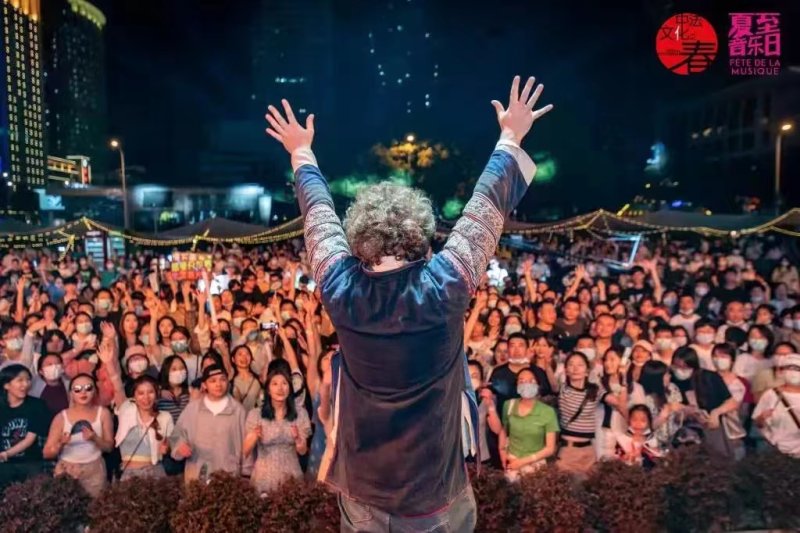
You've been living in China for over 20 years now, a portion of those years being spent here in Beijing making and experiencing music. What was the scene like when you first arrived, and what differences did you encounter on this visit?
I first came to Beijing in 2000, back then most of the music bars and venues were in Sanlitun South Street as well as near Jingmao Daxue (Economics University). The cool venues of the time were River Bar, What Bar, Get Lucky Bar, Public Space etc. Then came Yugong Yishan, Jiangjinjiu, 2Kolegas, Jianghu and many other places. These spots are where I met with the local scene and started to play music in Beijing. I then met and jammed with artists and bands like the Wild Children, Wan Xiaoli, Xiaohe, Zhang Weiwei, Guolong and many others. Many bands at that time were only starting their careers, bands like Brain Failure, Second Hand Rose, New Pants, Sound Fragments, and Wood Pushing Melon. I also saw Hanggai when they were starting in 2006 as well as the first few gigs of Carsick Cars and Hedgehog.
Mao Livehouse was also a strong venue where I played often. Overall, the scene has had ups and downs since then, but it seems that way fewer bands are being created nowadays and that most of the best underground music was created between 2000 and 2015. I am happy to have been part of that generation of musicians.

Looking outward from Beijing and based on your experiences, what's the scene been like elsewhere in China?
Shanghai used to have a great music scene, it’s also slowed down a bit these days. It seems like a lot of the underground music scene is now happening in Chengdu. Kunming, where I live now, has a kind of reggae scene with bands like Kawa and others mixing local minority music with other genres, especially reggae.
Turning to some of your more recent projects, the most intriguing of these has to be your collaborations with two native orchestras. How were these experiences and what came from it in terms of work and influence on your own music?
I did two projects with orchestras, one with the Dayan Naxi Orchestra in Lijiang and one with the Shunde Daliang Orchestra in Shunde near Shenzhen. The project with the Dayan Naxi Orchestra was done in collaboration with the French Institute in China. I had to write new music for the orchestra and perform it with them. It’s one of the oldest orchestras in China: most of its musicians are more than 70 years old so it wasn’t easy to make it happen but it helps that I speak Chinese and I could adapt to their style to create something new. For a while, I thought I wouldn’t make it but eventually, it worked.
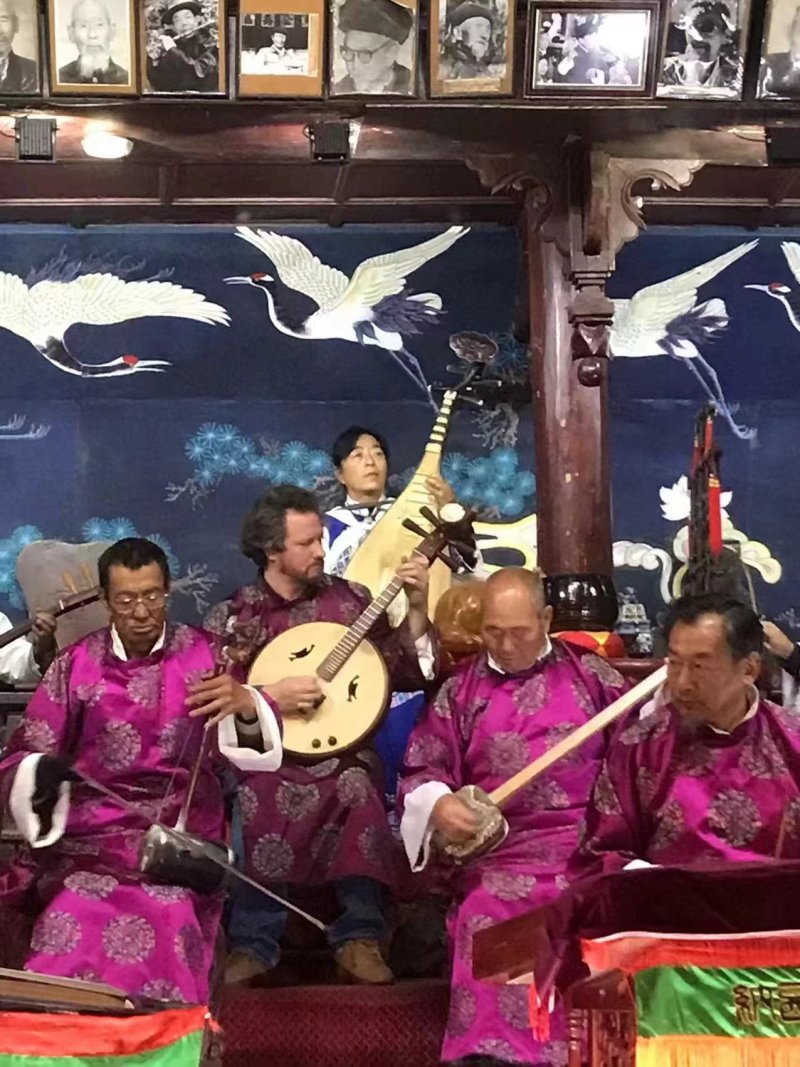
Working with the Shunde Daliang Orchestra was easy in comparison. I had to write music for the orchestra and perform it with them as well. Overall this taught me that I was able to write music for orchestras, which is not something I thought I was capable of as I come more from a rock and folk music background. Those two collaborations made me realize I could push my abilities further and I discovered new instruments such as the sugudu and the yunluo and learnt how to compose using these.
Another project of yours we're very fond of is your series of collaborative albums put together during the three years of the pandemic. What was the impetus behind those?
I put together five Beijing Underground music compilations as well as one Kunming Underground compliation with a bar in Kunming called 40. Those compilations are meant to be a sort of snapshot in time of what musicians were doing and recording. It was also during that time that I worked on the Naxi collaboration and Shunde orchestra collaboration albums.
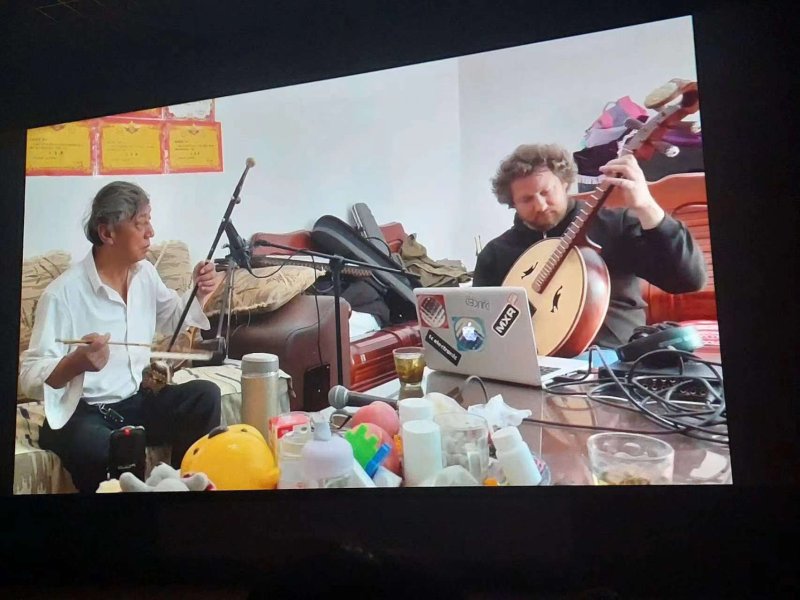
Speaking of working with Chinese music, we understand you like to incorporate Chinese instruments into your performances. What's your favorite instrument to play and why?
I started playing the zhongruan as soon as I saw the instrument at the Beijing Opera in 2000. As soon as I started to play it I wanted to make the sound bigger and eventually electrified the instrument in 2013, and then electrified the pipa one year later as well as the Guzheng a bit later. I play all sorts of percussions as well as flutes such as the hulusi. That being said, the zhongruan remains the Chinese instrument I like to play the most.
You've got a documentary up on iQiyi now on your musical journey here. Can you tell us more about it?
Yes, I recently edited a one hour documentary film about my music life in China since moving here in 2000. It’s called My Name is Djang San [on iQuyi], and it is also on YouTube. My former film, Ears Immered and Eyes Dyed [on YouTube], about my collaboration with the Dayan Naxi orchestra is also available on iQiyi and YouTube. The film was nominated for best documentary at the FICA (Festival International du cinema d’Asie), France’s biggest film festival for films from Asia.
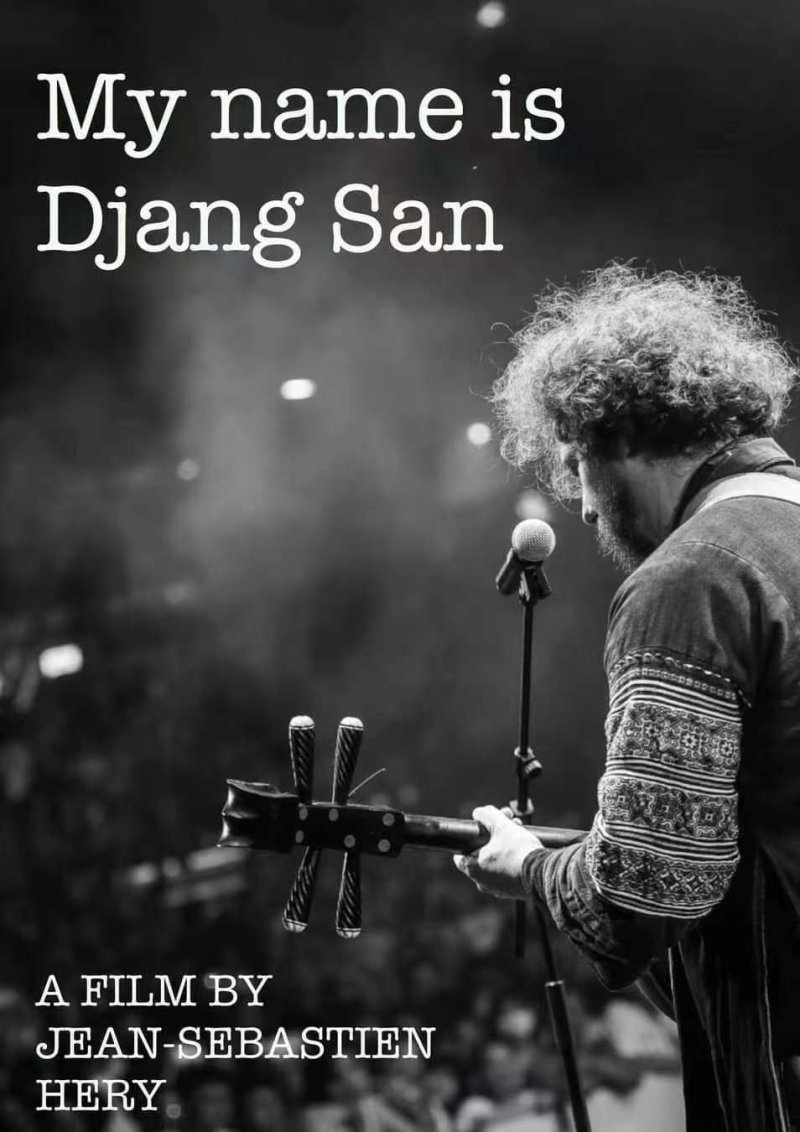
Looking forward, what are your musical plans for the rest of 2024 and ahead in 2025?
I might do another documentary and a new album, it depends on how things go, hopefully I can play more festivals.
How can people find out more about you and listen to your music?
It’s very easy, they can find me by searching Djang San on Chinese apps such as QQ and Netease as well as Spotify, YouTube and Bandcamp.
READ: Two More American Jazz Legends Heading to Beijing
Images courtesy of Djang San

